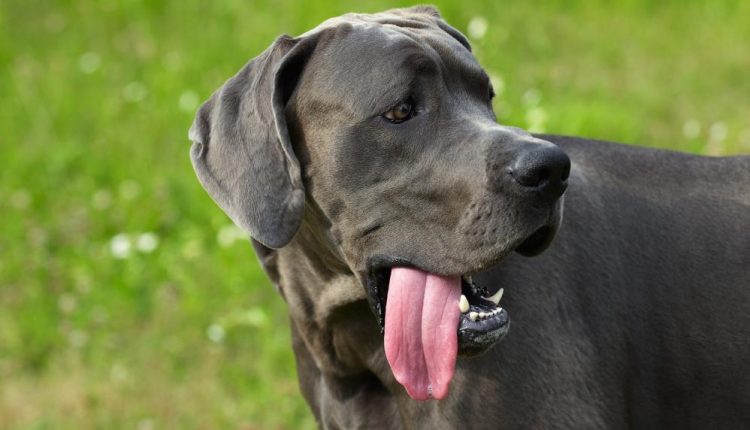Dogs are considered purely carnivore animals and require a canine diet. No doubt meat is an essential part of their diet, however they may require other nutrients too. Meat contains two essential nutrients needed by dogs. One is protein, and the other one is fat. Protein is essential for developing lean muscles and proper growth of bones. On the other hand, fat provides dogs with energy. A dog’s diet is composed of two types of fatty acids, omega3, and omega6. These fatty acids help to keep a dog’s immune system working properly. In addition to this, they require a little number of carbohydrates, dietary fibers, and vitamins for the healthy digestive system.
The nutritional requirement of your dog changes with the span of their life, however, there is not much difference in basic dietary requirement. Nutritional requirements of dogs also change according to dog’s breed. The framework of the body depends on proper developments of bones and muscles. Therefore, you must give proper attention to your dog’s diet so he may grow up happy and healthy.
Following are some requirements that you should consider while deciding upon what to feed your large breed dog.
Aim for Steady Growth
Like humans, animals also require a balanced diet to grow healthy. As their breed differs, so do the nutritional requirements of your dog. Large breed dogs have a different nutritional requirement compared to small breed dogs. They grow faster than small breed dogs. A dog born weighing 1 pound can reach up to 150 pounds of weight within two years of his life.
A small dog may look small in size, but they require more calories as compared to large breed dogs, due to their higher metabolic rate. People have a misconception, that large breed dogs may need more calories. This is not always true, and following this thought may make your dog eat more than what is required. You should provide special attention to your large breed puppy’s food, if not it may lead him to obesity which may further cause orthopedic diseases as the rapid gain in weight will cause stress on the skeletal system.
Fat and Calcium Requirements
The growth rate of your dog also depends on the intake of carbohydrates, fats, and proteins. At the root level, fat is the main source of energy for your dog. Excessive intake of fat and carbohydrates (the energy provider) can lead your dog to gain weight. Large breed dogs require less calcium, phosphorous and Vitamin D, because large breed dogs are more likely to experience developmental orthopedic diseases. These diseases are caused due to high intake of calcium and phosphorus. To reduce the risk of developmental orthopedic diseases, you should pick foods that are specifically designed to feed large breed puppies.
Vitamin Requirements
While buying food for your dog pay special attention to the amount of vitamin A, copper, zinc, and manganese because deficiency or excess of these nutrients may also cause abnormal orthopedic diseases in your dog. Break Down: It is ideally recommended to feed your large breed puppy with small five to 6 meals. This technique will keep him feel fuller while on the other hand there will be less burden on the digestive system. Breaking large meal will also help your dog to burn calories gradually. For more information on puppy food for large breed dogs, see the article “Which Is The Best Large Breed Puppy Food? We Review the Top 5 Picks.”
Age Specific Requirements
Different life stages have different nutritional requirements. Dogs are thought to be senior when they reach 75% of their breed’s life expectancy. Just like humans, dogs also face many health issues in old age as the immune system gets weak but by providing them food according to their need, you can take control over their health problems. Usually, senior dogs require fewer calories as compare to younger ones because they have low physical activity and they need energy just to maintain their body. However, they require more protein to maintain muscle mass and fiber to avoid digestion issues. You should also look for foods that contain natural anti-oxidants which will help them to fight the diseases. When in doubt, always visit your vet, so they can guide you on tailoring a canine diet for your dog’s breed and stage in life.
Author Bio: Wendy is a self-employed beauty therapist, mother of two; life-long pet parent and lover of dogs who somehow manages to squeeze in the time to satisfy another of her loves – writing. Wendy is the founder, main contributor to and editor of TotallyGoldens.com


